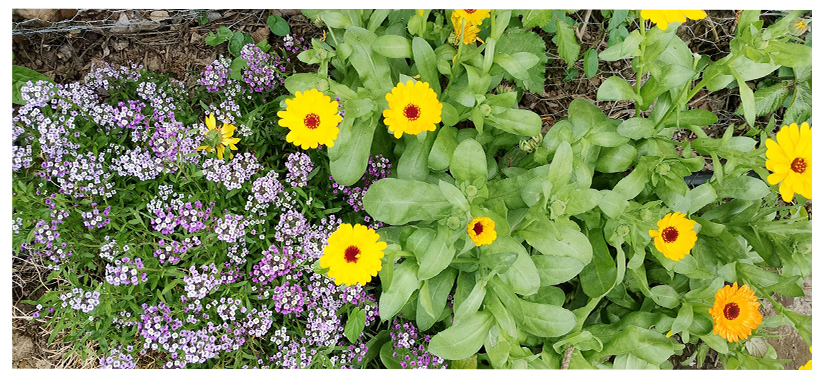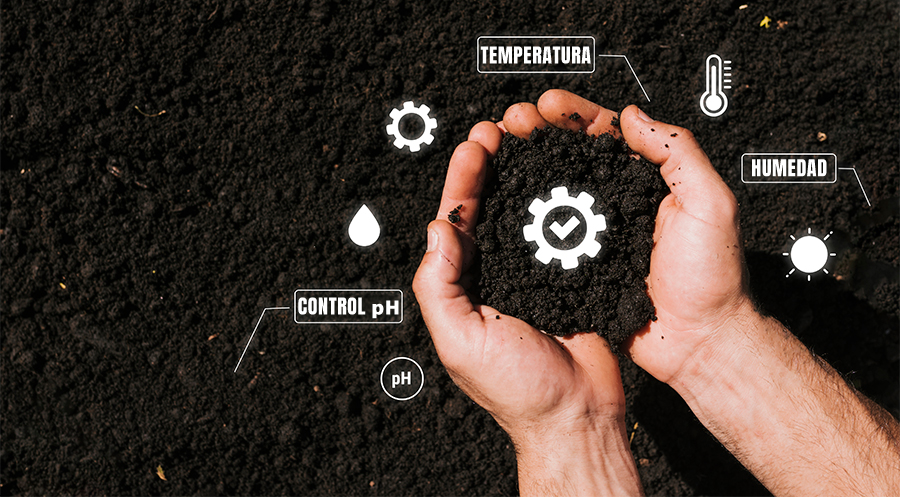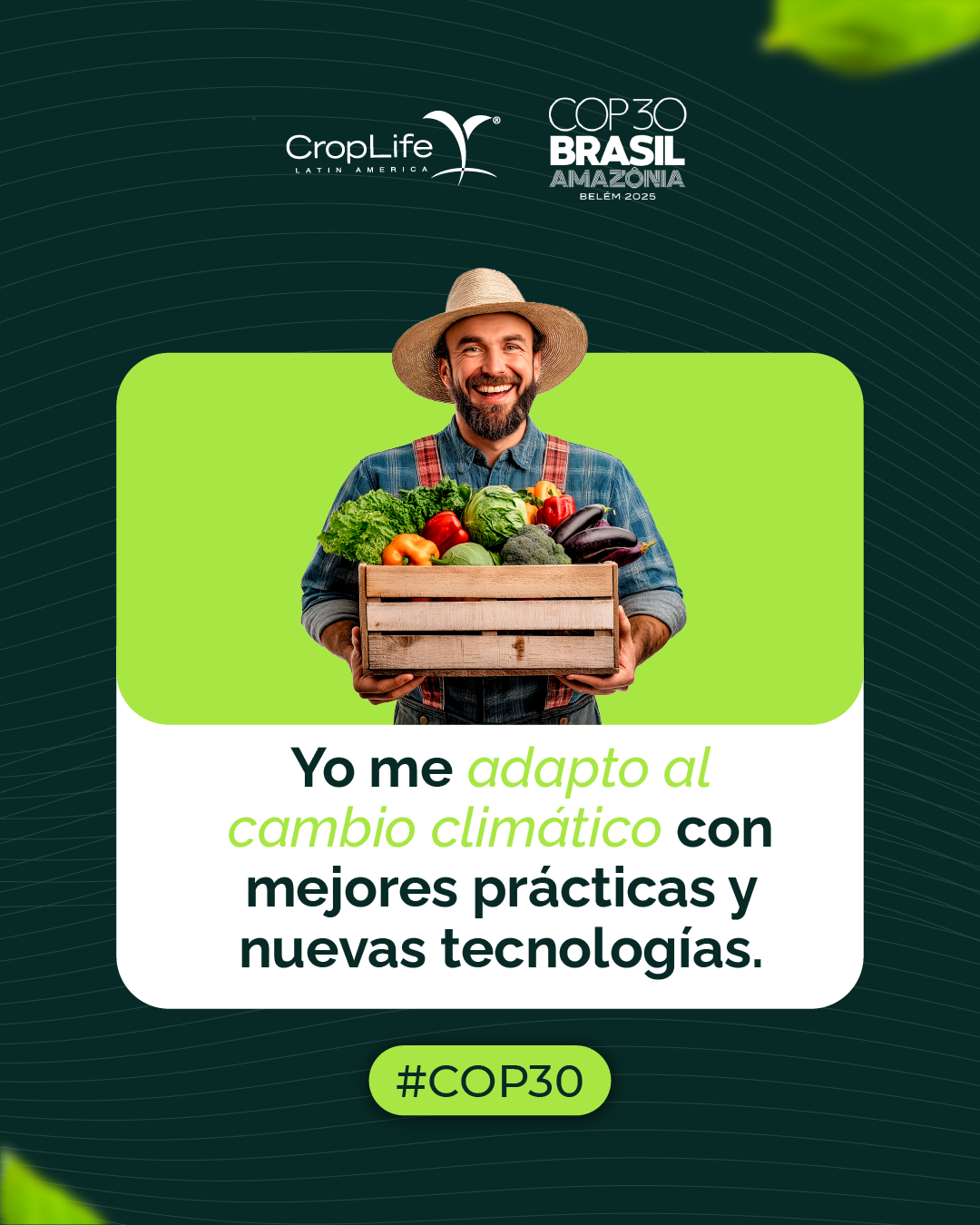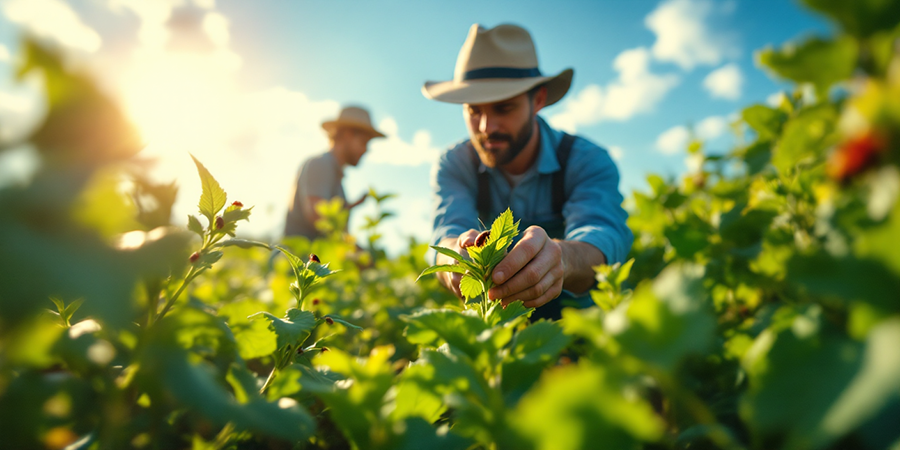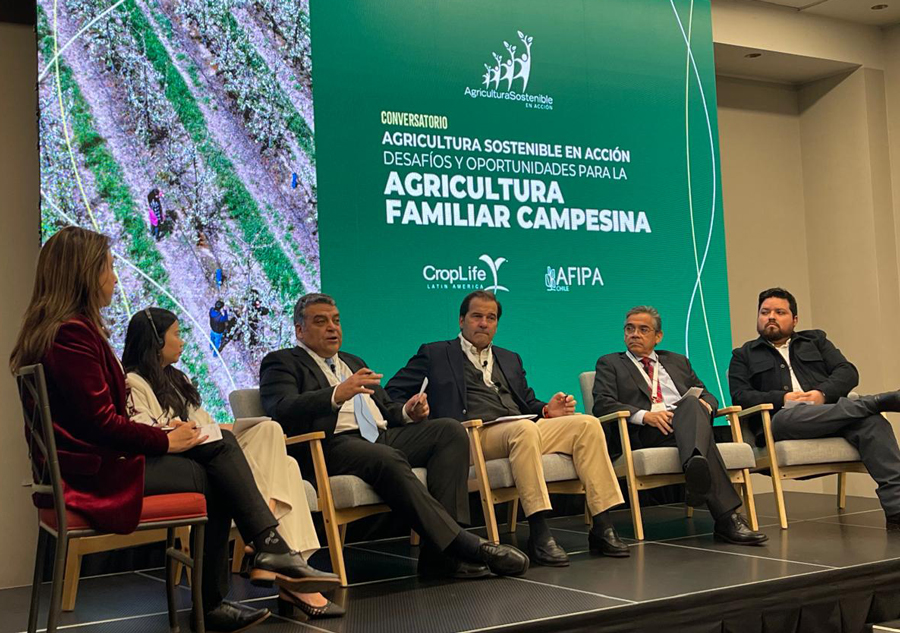November 2025
In Latin America, farmers are adopting practices that transform production systems into climate allies: no-till planting, cover crops, crop rotation and agroforestry are techniques that increase soil organic matter, store carbon dioxide (CO₂) and improve soil structure and fertility.
In improved agricultural management systems — for example agro-forestry systems with soil coverage — increases of about 3 to 4 tons of carbon per hectare have been observed in coffee crops[1].
Additionally, various studies mention that biotech seeds, besides reducing emissions thanks to fewer inputs, also open the door to greater carbon sequestration by enabling greater root/rhizome biomass and optimizing crop systems[2]. Varieties with enhanced root/rhizome systems could capture more soil carbon — reinforcing the crop-science industry’s contribution as part of the climate solution.
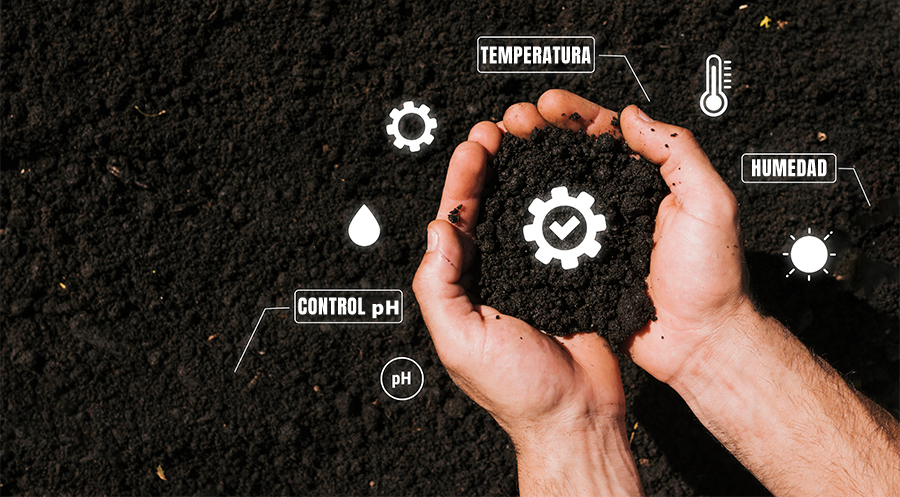
The use of biological products for pest control is integrated as an additional tool that promotes more sustainable production. Biopesticides complement conventional crop-protection products when used within Integrated Pest Management (IPM) strategies. By integrating biopesticides into precision and conservation agriculture systems, the industry contributes not only to emissions reduction but also to carbon retention via more active and healthier soils, and thus to improved resilience to climate stress and better carbon-cycle functions.
Every innovation, every technological advance and every farmer adopting better practices represent an opportunity to produce more with less, protect natural resources, capture more carbon and ensure food security in a sustainable way.
You may be interested: Agricultural innovation: the key to adapting to climate change and ensuring food security
1 Arellano C, Hernández C. (2023) Carbon footprint and carbon storing capacity of arabica coffee plantations of Central America: A review. https://coffeescience.ufla.br/index.php/Coffeescience/article/view/2072?utm_source=chatgpt.com
Study shows coffee from Rondônia as an ally of the climate (2025), Alan Rodrigues dos Santos. https://revistacultivar.com/news/study-shows-coffee-from-Rondônia-as-an-ally-of-the-climate?utm_source=chatgpt.com
2 Biotecnology Innovation Organization (2021) Biotech Solutions for Climate Report, Examining biotechnology's contributions to addressing the climate crisis. https://www.bio.org/sites/default/files/2021-04/Climate%20Report_FINAL_1.pdf?utm_source=chatgpt.com








